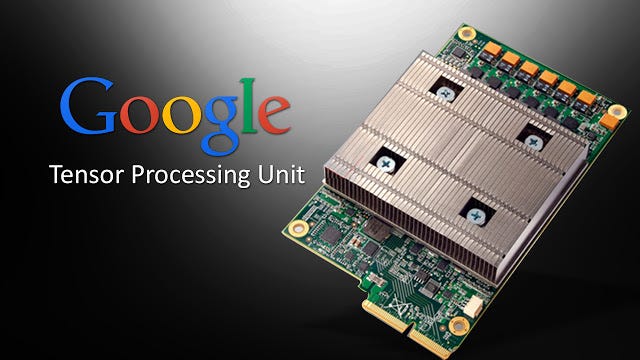In today’s technology-driven world, it’s no secret that every company is striving for innovation and a competitive edge. One of the key strategies being employed by companies across various industries is building their own custom silicon. Custom silicon refers to the development and production of tailored semiconductor chips specifically designed to meet the unique requirements of a company’s products or services.
In this article, we will delve into the reasons why every company is now investing in building their custom silicon, and provide you with some real-world examples.
1. Optimizing Performance with Custom Silicon:
One of the primary motivations for companies to build their own custom silicon is to achieve performance optimization. Off-the-shelf chips may not always provide the desired level of performance, especially in industries where speed, power efficiency, or specialized functionality are critical. By designing their own chips, companies can fine-tune the hardware to perfectly suit their needs, resulting in better overall performance.
Example: Apple’s A-series chips: A custom silicon sucess
A shining example of custom silicon success is Apple’s A-series chips. These chips have powered the iPhone and iPad devices and have consistently outperformed many competitors’ chips in terms of both raw processing power and energy efficiency. By developing their own chips, Apple has been able to optimize performance for their specific software and hardware ecosystem, resulting in a seamless user experience.

2.Enhanced Product Integration through Custom Silicon:
Building custom silicon allows companies to tightly integrate hardware and software, unlocking new levels of product performance and user experience. By designing chips specifically tailored to their software requirements, companies can achieve better compatibility, reduced latency, improved power management, and seamless integration of features that are challenging to achieve with off-the-shelf solutions.
Example: Tesla’s Autopilot Hardware – Custom Silicon in Action:
Tesla’s custom silicon addresses the demanding requirements of autonomous driving. Their in-house developed chips are optimized to process large amounts of sensor data in real-time, enabling advanced driver-assistance features and paving the way for full self-driving capabilities. This level of integration would not be possible with generic chips, as the hardware must be tightly aligned with Tesla’s software algorithms and specific automotive needs.

3. Protecting Intellectual Property with Custom Silicon:
Designing custom silicon provides companies with greater control and protection of their intellectual property (IP). By using off-the-shelf components, companies risk exposing their proprietary algorithms, algorithms, and other valuable IP. Building their own chips allows companies to safeguard their trade secrets while ensuring a competitive advantage in the market.
Example: Amazon’s Graviton Processors – Custom Silicon at Work:
Amazon’s Graviton processors are custom-designed Arm-based silicon chips optimized for their cloud infrastructure. By designing their own chips, Amazon has been able to maintain control over their server hardware, protect their IP, and differentiate their cloud offerings with improved performance and cost-efficiency.
4. Cost Optimization through Custom Silicon:
While it may seem counterintuitive, building custom silicon can sometimes lead to cost optimization in the long run. While the upfront investment in chip development and manufacturing can be substantial, companies can achieve significant cost savings by optimizing energy efficiency, reducing component count, and streamlining production processes. Moreover, producing chips at scale reduces manufacturing costs, further driving down overall expenses.
Example: Google’s Tensor Processing Units (TPUs) – Custom Silicon for Cost Efficiency:
Google’s custom silicon, the Tensor Processing Units (TPUs), have played a crucial role in accelerating artificial intelligence (AI) workloads in their data centers. These chips deliver impressive performance while consuming significantly less power compared to traditional alternatives. As a result, Google has realized substantial cost savings while enhancing the efficiency of their AI-driven services like Google Search and Google Photos.

Conclusion:
The rise of custom silicon represents a fundamental shift in how companies approach hardware development. Building their own chips allows companies to optimize performance, enhance product integration, protect intellectual property, and achieve cost savings in the long run. Real-world examples from industry leaders like Apple, Tesla, Amazon, and Google demonstrate the tangible benefits of custom silicon. As the demand for more specialized and powerful technology continues to grow, we can expect custom silicon to play an increasingly prominent role in driving innovation across various sectors.
Discover more from WireUnwired
Subscribe to get the latest posts sent to your email.







